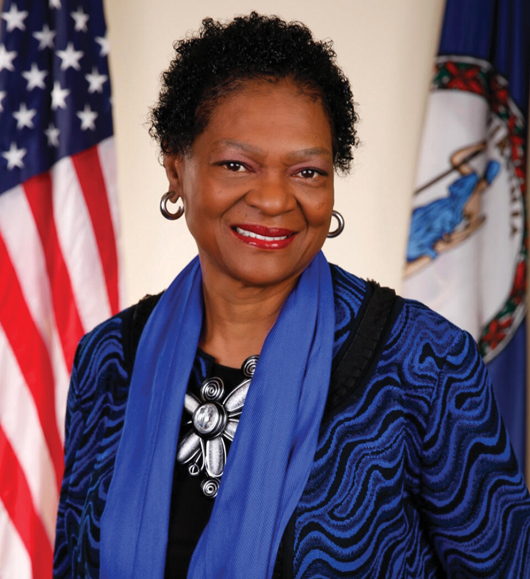Virginia universities report historic targeting of Black communities
By Louis Hansen Virginia Center for Investigative Journalism at WHRO | 10/2/2025, 6 p.m.

As Virginia’s public colleges and universities expanded to meet growing demand for higher education, several targeted majority-Black neighborhoods.
Old Dominion, Longwood and Christopher Newport universities were among the most disruptive developers in Black communities, acquiring hundreds of properties over decades, according to a new state commission survey.
All but one of Virginia’s 16 state colleges and universities reviewed property transactions, university records and newspaper clippings to assess their impact on Black communities. Ten schools acknowledged encroaching on Black neighborhoods, sometimes through the use or threat of eminent domain. Five reported no acquisitions, and Norfolk State University is still conducting research.
The self-reporting is a start, but more research is needed, said Del. Delores McQuinn, D-Richmond, chairwoman of the Uprooting of Black Communities commission.
 Del. Delores McQuinn
Del. Delores McQuinn
“It is an effort to really look at history,” McQuinn said Sept. 25 after a committee hearing. “Even in 2025, there’s a pause for a moment: Let’s look into this and see what we can do to repair some of the damage that has been done.”
McQuinn said the work is not meant to punish or embarrass institutions, but to find a reckoning for displaced families and seek proper redress. Many families still feel pain and anger from being pushed from homes and apartments decades ago, she said.
The initial research comes as diversity programs face attacks. The Trump administration removed stories about Black, Asian and Latino history from government and military websites and deleted references from national parks.
The Virginia commission was launched last year following an investigative series by the Virginia Center for Investigative Journalism at WHRO and ProPublica documenting property acquisitions in Black neighborhoods near Old Dominion, Christopher Newport and other universities.
In reports to the Uprooting Commission, 10 schools acknowledged using eminent domain or making some property purchases in majority- Black neighborhoods. Longwood, ODU, CNU and the College of William & Mary, which originally operated Old Dominion and Christopher Newport, reported extensive acquisitions.
William & Mary said it is not aware of any property acquired through eminent domain in modern times.
Radford, the University of Virginia, Virginia Commonwealth University, Virginia Military Institute, Virginia Tech, Virginia State University and the Virginia Community College System reported at least some purchases in Black communities.
Five universities reported no targeted land purchases: George Mason University, James Madison University, the University of Mary Washington, the University of Virginia’s College at Wise and the educational component of the Jamestown- Yorktown Foundation.
Some universities acknowledged the disruption to Black families and have addressed the histories with proclamations, events and scholarships.
Longwood University in Farmville said it acquired about 70 parcels in an area known as the Triangle, including 11 through condemnation. The university vowed to stop using eminent domain in 2004 and formally apologized for its inaction during Massive Resistance. It also initiated scholarships and a partnership with the Moton Museum to recognize Black history in Farmville and Prince Edward County.
ODU expanded through the Lamberts Point neighborhood in Norfolk, acquiring more than 160 properties beginning in the 1960s. In the 1990s, the university sought to improve relations with the community and established scholarships for minority students from the neighborhood.
A joint committee of officials from CNU and the City of Newport News is researching the school’s expansion into the neighborhood around Shoe Lane beginning in the early 1960s.
The Uprooting Commission received $200,000 from the General Assembly this year to study displacement impacts and to consider restorative justice for affected families. The panel expects to hire a researcher this year to assist.






